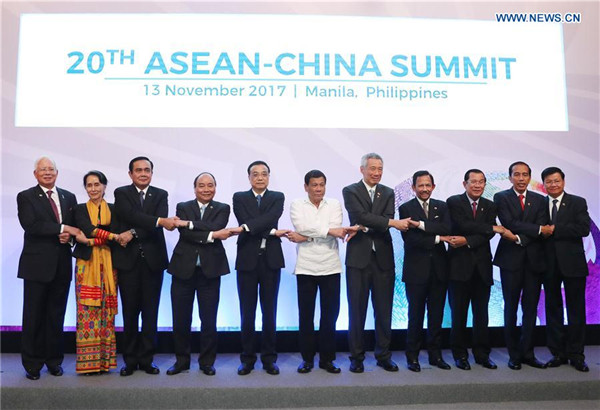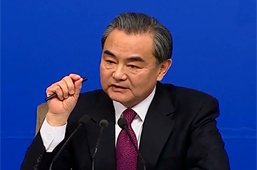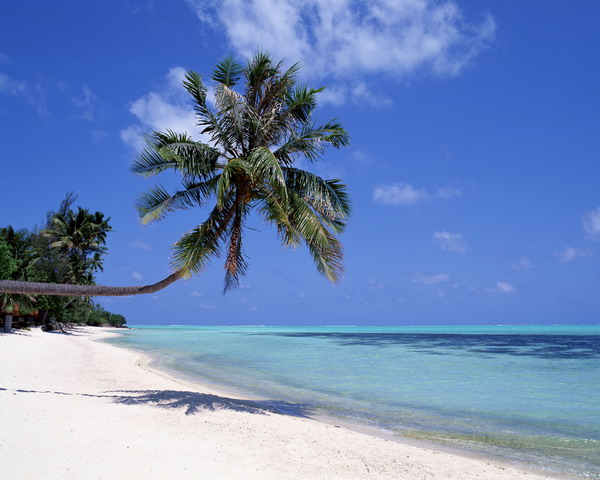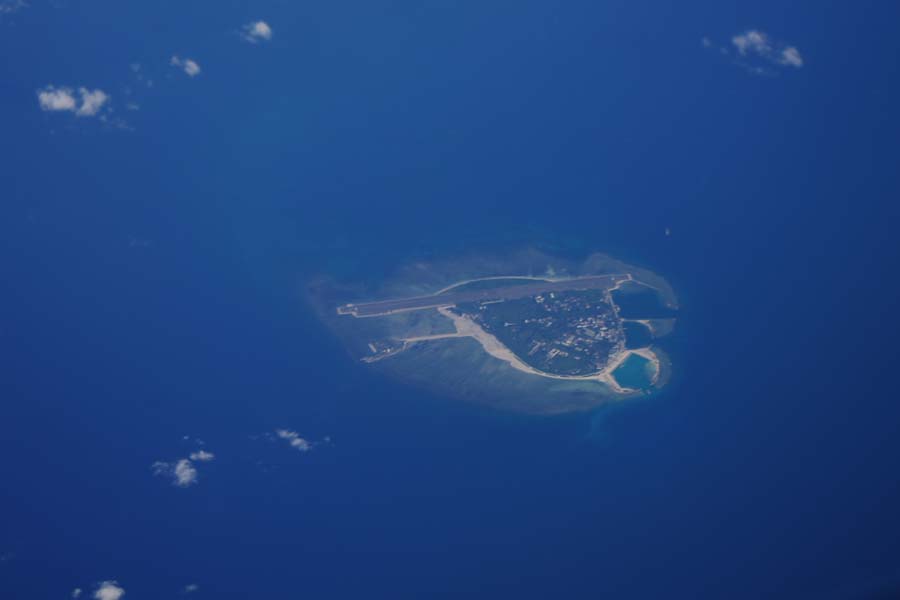
Chinese PremierLi Keqiang(5th L) and leaders of the Association of Southeast Asian Nations (ASEAN) member countries pose for group photos before the 20th China-ASEAN (10+1) leaders' meeting in Manila, the Philippines, Nov 13, 2017. [Photo by Liu Weibing/Xinhua]
MANILA -- China and the Association of Southeast Asian Nations (ASEAN) have reaffirmed their commitment to long-term peace and stability in the South China Sea as they announced to start negotiating on the details of a code of conduct in the area.
POSITIVE DEVELOPMENTS
At the 20th China-ASEAN (10+1) leaders' meeting held Monday in the Philippine capital of Manila, the two sides announced the start of their consultations on the text of the Code of Conduct (COC) in the South China Sea, which is considered the most crucial part of the process.
Chinese Premier Li Keqiang said during the meeting that China hopes the COC could be a "stabilizer" of peace in the South China Sea.
"Through consultations on the COC, we hope that all parties could enhance their mutual understanding and trust, and strive to adopt the COC at an early date on the basis of consensus," he said.
The announcement followed a string of positive developments in the South China Sea issue over the past year, thanks to joint efforts made by China and ASEAN countries.
At the ASEAN foreign ministers' meeting in August, the two sides drew up and adopted a framework of the COC, paving the way for initiation of substantive consultations on the code's text.
In a joint communique, ASEAN foreign ministers acknowledged the improved situation in the South China Sea over the past year and said the bloc anticipates "a higher level" of strategic partnership with China.
Adding to such positive momentum, China and ASEAN members have established a hotline between their ministries of foreign affairs to manage maritime emergencies, and held a joint exercise on maritime search and rescue.
CHINA'S COMMITMENT
Premier Li, who just wrapped up his five-day tour to the Philippines, had reaffirmed China's commitment to long-term peace and stability in the South China Sea on various occasions during the trip. In Manila, he attended a series of leaders' meetings on East Asian cooperation and paid an official visit to the Southeast Asian nation.
Peace and stability in the South China Sea is closely linked to the development and prosperity of countries in this region, Li said when addressing the 10+1 meeting.
China, which has most of its freight of foreign trade passing through the South China Sea, wants peace and stability for that area more than any other country, Li added.
China's commitment to the goal of upholding peace and stability in the South China Sea will not change, nor will the country change its policy of peacefully resolving territory and maritime rights disputes through consultation and negotiation with countries directly concerned, said the Chinese premier.
At the 12th East Asia Summit on Tuesday, Li told regional leaders that China would firmly safeguard the freedom of navigation and overflight in the South China Sea.
The initiation of COC text consultations, he noted, fully represents the common will of regional countries that they should properly handle differences through dialogues and negotiations.
"It also shows the confidence, wisdom, and capacity of the regional countries to properly settle the South China Sea issue in order to make it a sea of peace, friendship and cooperation," said the Chinese premier.
In a joint statement issued following Li's visit to the Philippines on Wednesday, the two countries attributed the stabilizing situation in the South China Sea to joint efforts of China, the Philippines, and other ASEAN members, and pledged to strengthen maritime cooperation in areas such as marine environmental protection and disaster risk reduction.
Li's trip was the first official visit to the Philippines by a Chinese premier in 10 years.
PLEDGES FROM ASEAN
Meanwhile, leaders and experts from ASEAN countries lauded the significant progress made in the COC consultations.
ASEAN Secretary General Le Luong Minh said the move will deepen mutual understanding and mutual trust between ASEAN and China and lay a solid foundation for promoting their strategic partnership.
"It's a good signal," said Victor Corpuz, a former Philippine military intelligence chief.
He said China and ASEAN have the ability to maintain peace and stability in the South China Sea without foreign interference.
"If they interfere, it will surely make the issue more complex," he added.
At the East Asia Summit, leaders from ASEAN countries hailed China's active role in the South China Sea issue, hoping that the related parties can work jointly to safeguard regional peace and stability.
Commenting on the Philippines's achievement for its chairmanship this year, Singaporean Prime Minister Lee Hsien Loong said a major highlight was the COC framework. Singapore will hold the chairmanship of ASEAN next year.
Vietnamese Prime Minister Nguyen Xuan Phuc also lauded the agreement on the COC framework, saying that Vietnam is willing to promote maritime cooperation with China and safeguard peace and stability in the South China Sea.
A chairman's statement of the 31st ASEAN summit released on Thursday said the bloc will facilitate the work and negotiation for the conclusion of a substantive and effective COC.







 Overview
Overview Resources & Environment
Resources & Environment



 QQ 好友
QQ 好友 微信好友
微信好友 易信好友
易信好友 QQ空间
QQ空间 朋友圈
朋友圈 百度空间
百度空间